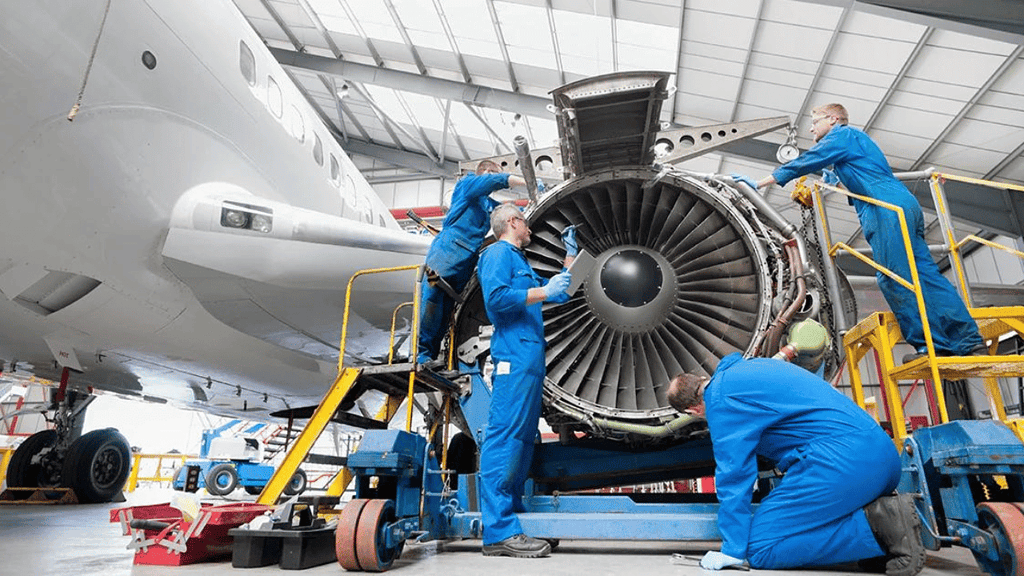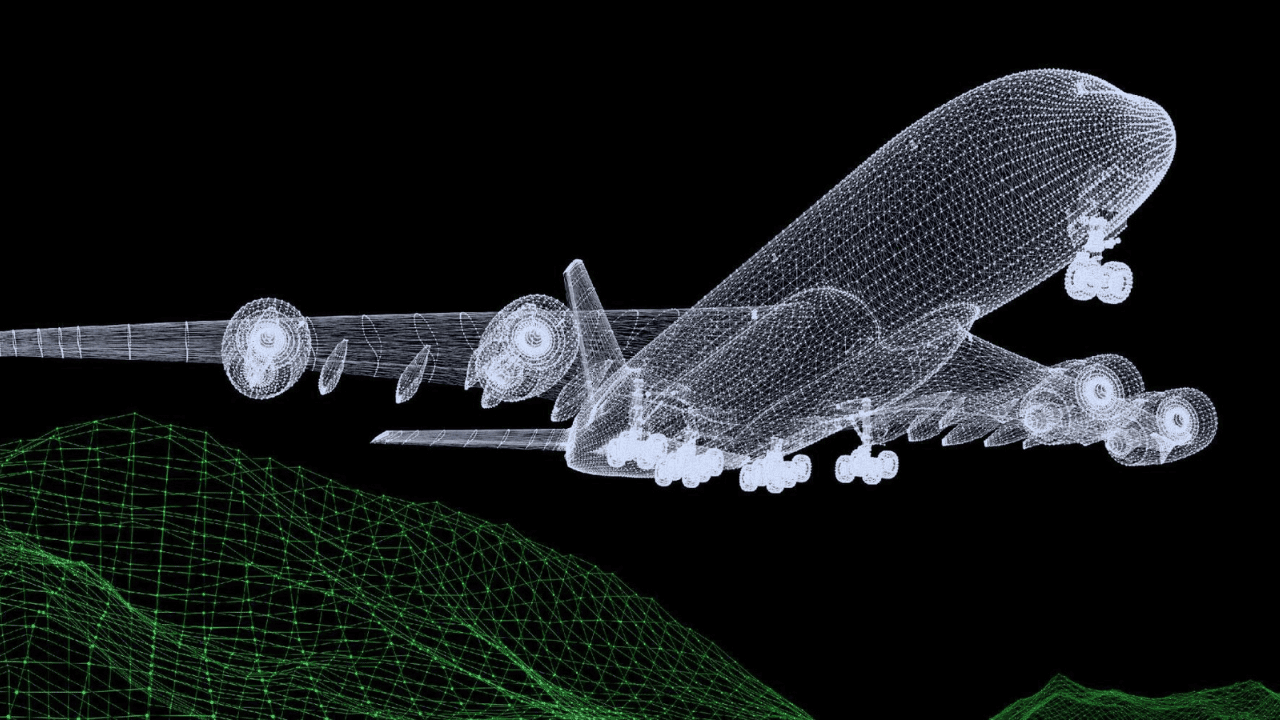In today’s fast-evolving world, the aerospace industry is constantly seeking ways to enhance safety, efficiency, and performance. One of the most promising technological advancements in this field is Artificial Intelligence (AI). This article will delve into the exciting domain of the Aerospace Artificial Intelligence Market, exploring its current state, potential applications, and prospects.

Table of contents
1. Introduction
The aerospace industry has always been at the forefront of technological innovation, and AI is no exception. Artificial Intelligence has been making waves in aerospace, transforming the way we design, operate, and navigate aircraft and spacecraft.
2. The Rise of AI in Aerospace

In recent years, AI has gained significant traction in aerospace. It’s not just a buzzword; it’s a game-changer. AI algorithms can process vast amounts of data, enabling predictive maintenance, autonomous flight, and smarter decision-making.
3. Key Players in the Aerospace Artificial Intelligence Market

Several companies are driving innovation in the aerospace AI market, including Boeing, Airbus, Lockheed Martin, and many startups. These companies are investing heavily in research and development to harness AI’s potential fully.
4. Applications of AI in Aerospace
4.1. Aircraft Design and Manufacturing

AI plays a crucial role in streamlining aircraft design, reducing weight, and improving fuel efficiency. It enables engineers to optimize aerodynamics and materials, resulting in safer and more efficient aircraft.
4.2. Flight Operations and Maintenance

Predictive maintenance powered by AI minimizes downtime by detecting potential issues before they lead to costly breakdowns. Airlines can optimize their operations, reduce costs, and ensure passenger safety.
4.3. Air Traffic Management

AI enhances air traffic control, reducing congestion and improving safety. It enables precise route planning and real-time adjustments, even in adverse weather conditions.
4.4. Space Exploration

AI is a game-changer in space exploration, helping autonomous spacecraft navigate through the vast cosmos. It assists in data analysis, ensuring that missions gather valuable information efficiently.
5. Benefits of Implementing AI in Aerospace
The benefits of incorporating AI in aerospace are manifold. It leads to improved safety, reduced operational costs, enhanced passenger experience, and a significant reduction in environmental impact.
6. Challenges and Concerns
While the prospects are exciting, there are challenges to overcome, including data security, ethical considerations, and the need for skilled professionals to manage AI systems effectively.
7. Future Trends and Developments
The aerospace AI market is poised for substantial growth. Expect to see AI-powered supersonic flights, advanced autonomous drones, and innovative solutions for space exploration in the coming years.
8. Conclusion
Artificial Intelligence is revolutionizing the aerospace industry, making air travel safer, more efficient, and sustainable. As AI continues to evolve, we can expect further advancements that will shape the future of aerospace.
9. Frequently Asked Questions
- What is Aerospace Artificial Intelligence?
- Aerospace Artificial Intelligence refers to the use of AI technologies in various aspects of the aerospace industry, including aircraft design, flight operations, and air traffic management.
- How is AI improving safety in aviation?
- AI enhances safety by enabling predictive maintenance, optimizing flight routes, and assisting air traffic controllers in making informed decisions.
- What are the challenges of implementing AI in aerospace?
- Challenges include data security, ethical concerns, and the need for skilled professionals to manage AI systems effectively.
- What can we expect from AI in aerospace in the future?
- The future holds promises of AI-powered supersonic flights, autonomous drones, and cutting-edge solutions for space exploration.
- Where can I learn more about aerospace AI?
- For in-depth insights and the latest developments
In conclusion, the aerospace artificial intelligence market is on a trajectory to soar to new heights, transforming the industry and benefiting all stakeholders. With its potential to enhance safety, efficiency, and sustainability, AI is undoubtedly the future of aerospace.





